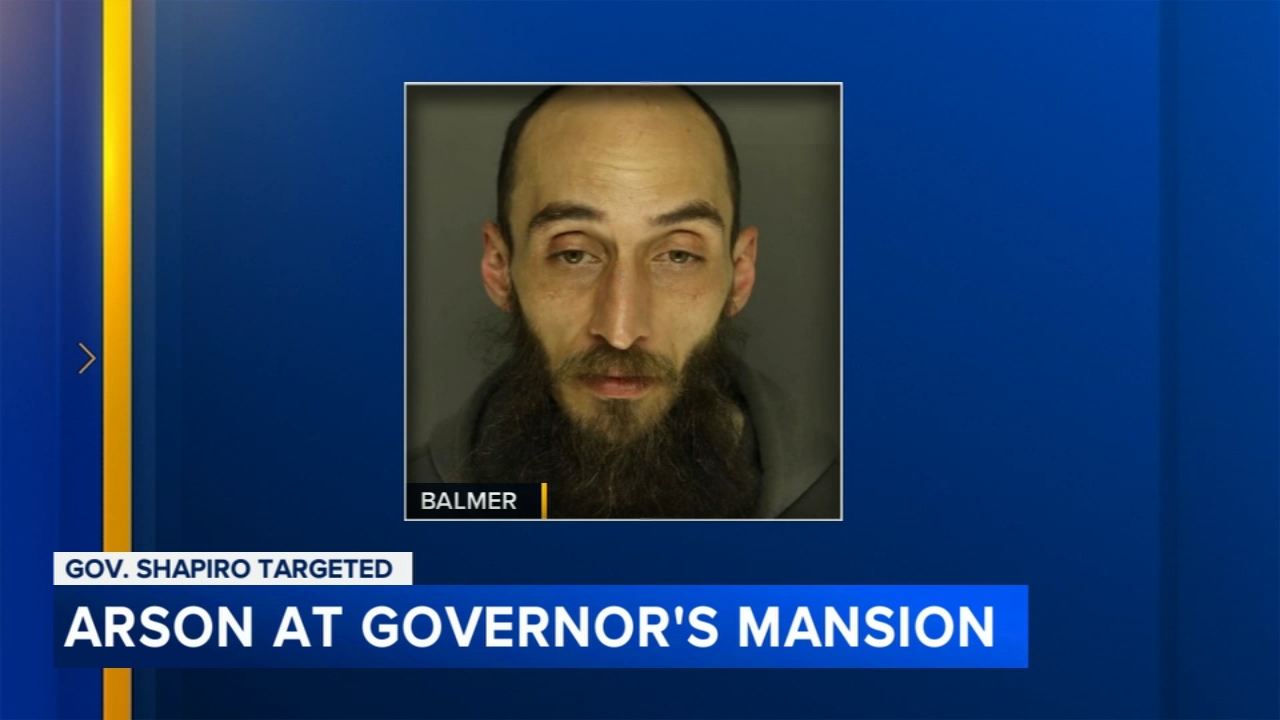Movember 2023: Supporters in Philadelphia raise thousands of dollars for men's health

PHILADELPHIA (WPVI) -- Men's health supporters in Philadelphia are joining global annual efforts to raise money and awareness for "Movember."
The movement -- not to be mistaken for "no shave November," which requires a full beard in support of men's health -- is all about keeping the stache.
"The official rules are you shave down on November 1, and grow a mustache and maintain it for the month," said Andrew Still, a volunteer Movember Foundation ambassador in Philadelphia.
The focus is to raise awareness for men's health issues, like prostate and testicular cancer, mental health and suicide prevention.
So far this month, the Philadelphia chapter has raised more than $70,000.
RELATED: Movember movement helps raise awareness for issues of men's health, mental health
A lot of athletes participate in Movember. Several years ago, Eagles veteran Jason Kelce shaved off his beard and left the mustache in support of Movember.
Even former Eagles backup quarterback Gardner Minshew relied on the power of the stache during his time in Philadelphia to show support for the cause.
"Some are pencil thin and some people are blessed with immaculate facial hair," Still said.
The Philadelphia Flyers continue to take part in the effort as they do every year. Several players are rocking mustaches on the ice this season.
Movember started in 2003 in Australia and now reaches more than a thousand men's health projects around the world, having raised more than $900 million.
"In 2006 one of my best friends took his own life and it was difficult being that young [and]trying to deal with the emotions and that trauma," Still said.
Because of that loss, this cause is personal for Still.
RELATED: 'Movember' mustaches helping raise awareness for men's health
He helped lead the effort to raise $125,000 last Movember as a volunteer ambassador in Philadelphia, hoping more men will seek help.
"Because I think it's ingrained in society to think it's unmanly to be open about your emotions and your feelings," Still said.
Three out of four suicides are men, according to health experts. One in nine men in the U.S. will be diagnosed with prostate cancer in their lifetime.
Testicular cancer is the most common cancer in young men.
"Guys have traditionally been very hesitant to have any type of intervention," said Dr. Perry Weiner, director of Jefferson Health Men's Health Program.
Weiner said they're able to step in, treat and even cure diseases -- such as prostate and testicular cancer -- with early detection.
"If you have a family history and if you're African American, these are risk factors for prostate cancer. So we generally like to recommend screening for men at age 50, but if you have an identifiable risk factor then we back it up to age 40 or 45," Weiner said.
Weiner added, "Prostate cancer is probably the most common solid multiagency in men as we age."
With testicular cancer, self-examination is key -- just like with breast cancer.
"We tend to think about prostate cancer as a disease of older men, but testicular cancer affects younger men typically in their teens and 20s," Weiner said.
All the more reason to join together to help increase awareness.
Movember supporters in Philadelphia hold events all year.











